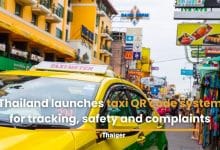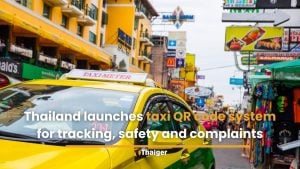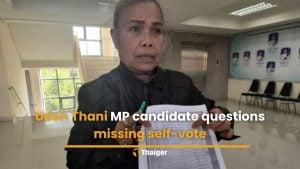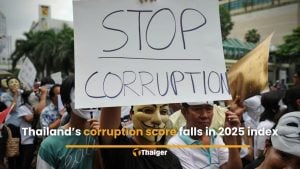Phuket Perspective: Major media did poorly in the protests

PHUKET: While on holiday in Phuket two weeks ago, a Malaysian Sun Daily columnist was disappointed, if not disgusted, by the reports of respected international media covering the protests in Thailand.
In his column Down2Earth last week, he wrote about a spectacle that many Thais in Phuket and all over Thailand, including Bangkok itself, had been observing with indredulity for several weeks. The protests? Yes, but perhaps almost equally, in retrospect, the inflammatory coverage of those events by some of the world’s most prestigious news organizations.
The organizations in question, though international in coverage, were primarily of a Western persuasion in terms of editorial stewardship. They painted a picture of an entire nation up in smoke, with the term “civil war” being used repeatedly, and with the heart-rending spectre of a “failed state” being invoked from time to time.
Whether wilful, inspired by genuine awe in the hearts of the foreign reporters on the scene, or borne of genuine ignorance of the culture and background facts in operation behind the protests, the result was the same. A painful chapter in Thai history was made worse.
Musing about his forthcoming column while here in Phuket, where there was a complete absence of any strife and an exceptional calm with the disappearance of tourists, Terence Fernandez conceded that the situation in Bangkok could have escalated out of control.
But he was also reminded of protests in his own country, from Reformasi to Hindraf, when international media repeated several times throughout the day the same “live” footage from “Malaysia”, giving the impression that the country was in a constant state of war nationwide, while the confrontations were, in fact, only sporadic and very much confined to Kuala Lumpur.
“Sometimes, depending on the [international news] agency and those calling the shots and signing the cheques, news is exaggerated as it fulfils an agenda, but often [that happens] because it just makes good TV,” Fernandez writes, adding that:
“In Baghdad, I witnessed the western propaganda machinery in action as there were “exclusive” press conferences for western media; even entertainment for selected news organisations, with the likes of CNN correspondents being feted like royalty by the Allied Forces.”
Though his point is not easily lost, Fernandez hammers it home by noting that the media has “an obligation to tell the whole story, without sugar-coating or trimming it.”
To which, mindul of some of the big-brand TV coverage of recent events in Bangkok, one has to add, “… and without sensationalising or otherwise destroying the credibility of it.”
For now, many will feel that there were no winners emerging from the hellish consequences of the two-month spectacle in Bangkok. But for channel surfers in Thailand, the level-headed objectivity of Al Jazeera could not have failed to impress.
Latest Thailand News
Follow The Thaiger on Google News:


























